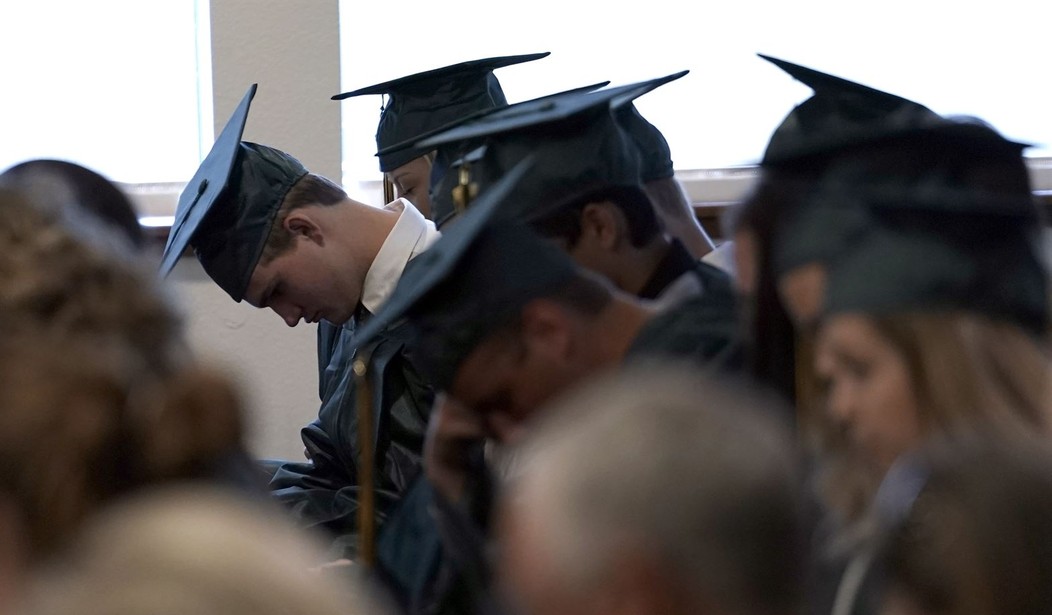The Biden administration’s student loan forgiveness plan is in deep trouble in the courts. Two federal courts have blocked the administration from forgiving any debt, and one of the court decisions scathingly called into question the program’s constitutionality.
But the administration has a problem. The moratorium on student loan debt repayments is set to expire on Jan. 1, 2023. Since it’s highly unlikely that the legality of the program will be determined by then, aides have been scrambling to come up with a justification for extending the payment freeze beyond that date.
“As the legal vulnerability has become clearer and clearer, the White House has been making increasingly firm plans to extend the loan repayment pause,” one of the people familiar with the matter told the Washington Post. “The extension we’re likely to see is meant to make sure borrowers don’t have the rug pulled out from under them, rather than an indefinite replacement for loan forgiveness.”
But the rationale for pausing debt repayment doesn’t exist anymore. “This seems like a ham-fisted way of trying to do a student loan bailout but far less efficiently — it would benefit virtually everyone, including the wealthiest borrowers,” Brian Riedl, a policy analyst at the Manhattan Institute, told the Post. “And it’s so far from the original point of the moratorium, which was mass unemployment and recession that’s now long gone.”
Michael Pierce, who served as a deputy assistant director of the Consumer Financial Protection Bureau during the Obama administration and is now at the Student Borrower Protection Center, has called for the administration to “make it clear that the student loan system will remain shut off as long as these partisan legal challenges persist.” Pierce has said Biden should explore other legal avenues to cancel student debt should the courts dismiss the one chosen by the administration’s attorneys.
“I think it’s the bare minimum,” Pierce said of a potential extension of the moratorium. “Borrowers’ fate is in Biden’s hands.”
The moratorium was an emergency measure designed to prevent a trillion-dollar failure in the consumer loan sector that would have stressed an already stressed consumer loan industry. It was a temporary measure — the need for which has long since passed.
But that won’t stop the Biden administration.
No decisions have been made, and the people briefed on the matter stressed that the conversations were preliminary. Those people spoke on the condition of anonymity to discuss early private talks. The moratorium is not expected to be indefinitely extended during Biden’s tenure, the people said, but extending it at least temporarily would provide some relief to borrowers. It is unclear if the president has signed off on the idea or been involved in the planning, though senior aides have discussed the move.
Republicans would immediately challenge any extension of the debt repayment moratorium and probably be successful. That would mean that up to 11 million borrowers would have to begin repaying what they owe — at least until the Supreme Court decides whether Biden’s debt forgiveness plan is legal. What began as a political ploy to gain the votes of student loan borrowers may become the biggest government swindle in American history. Biden and his people knew his debt forgiveness plan wouldn’t pass constitutional muster. And yet he went ahead and falsely boosted the hopes of former students with outstanding student loans.
The cynicism was appalling.










Join the conversation as a VIP Member